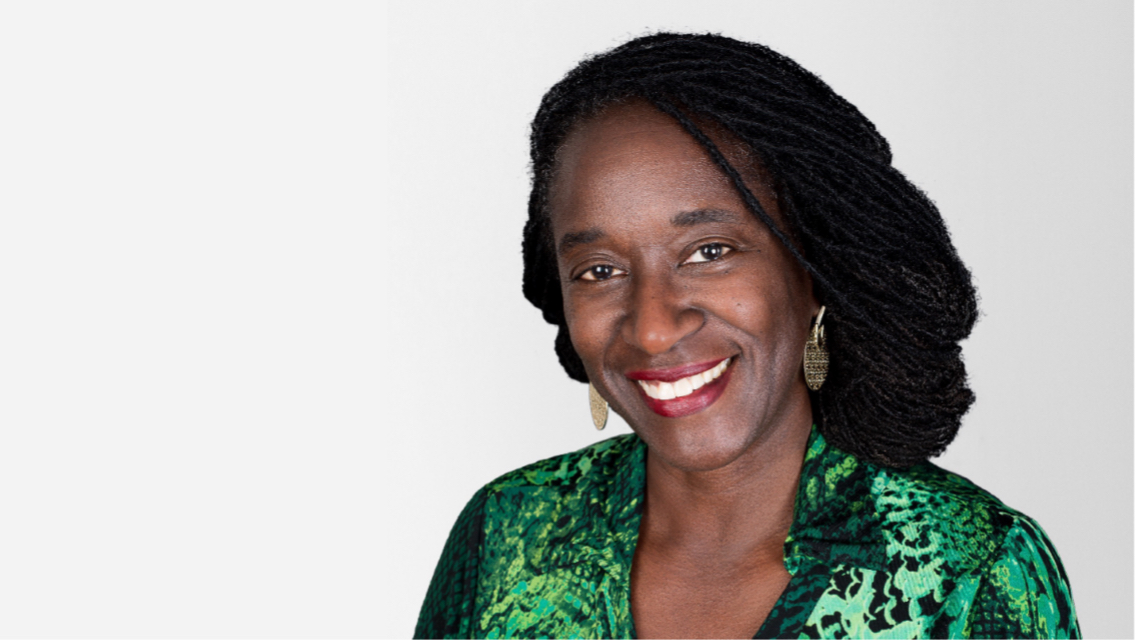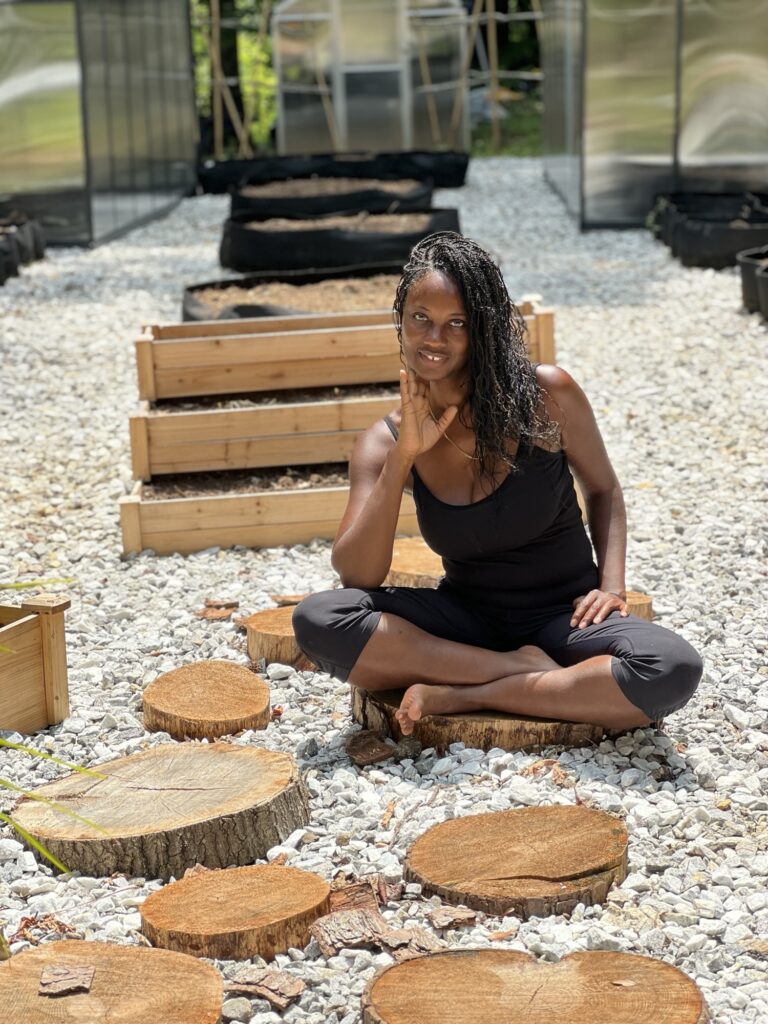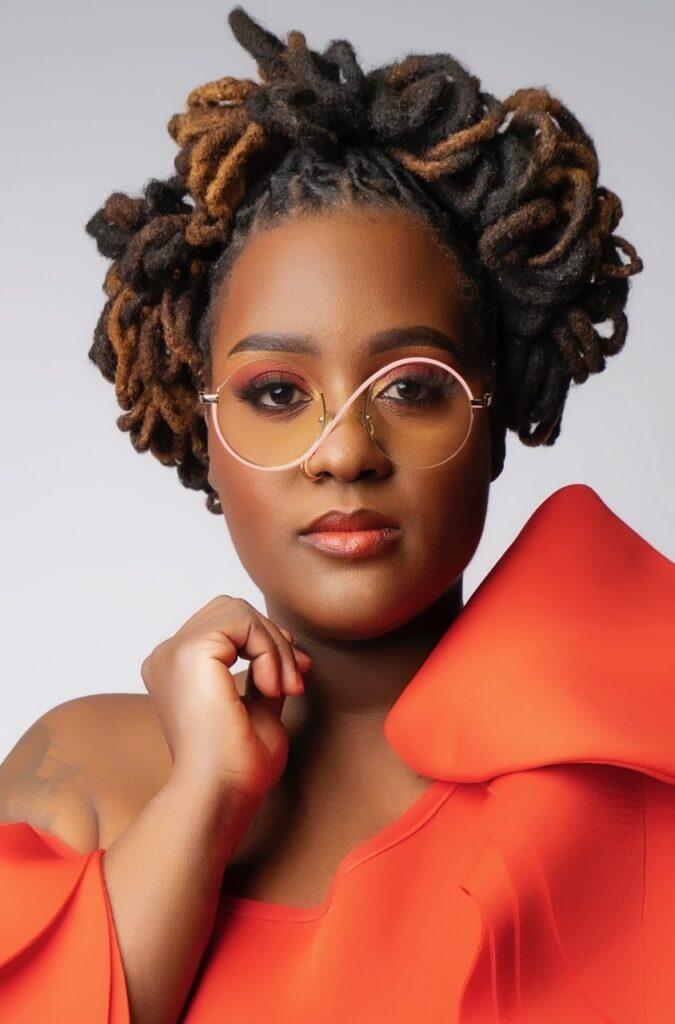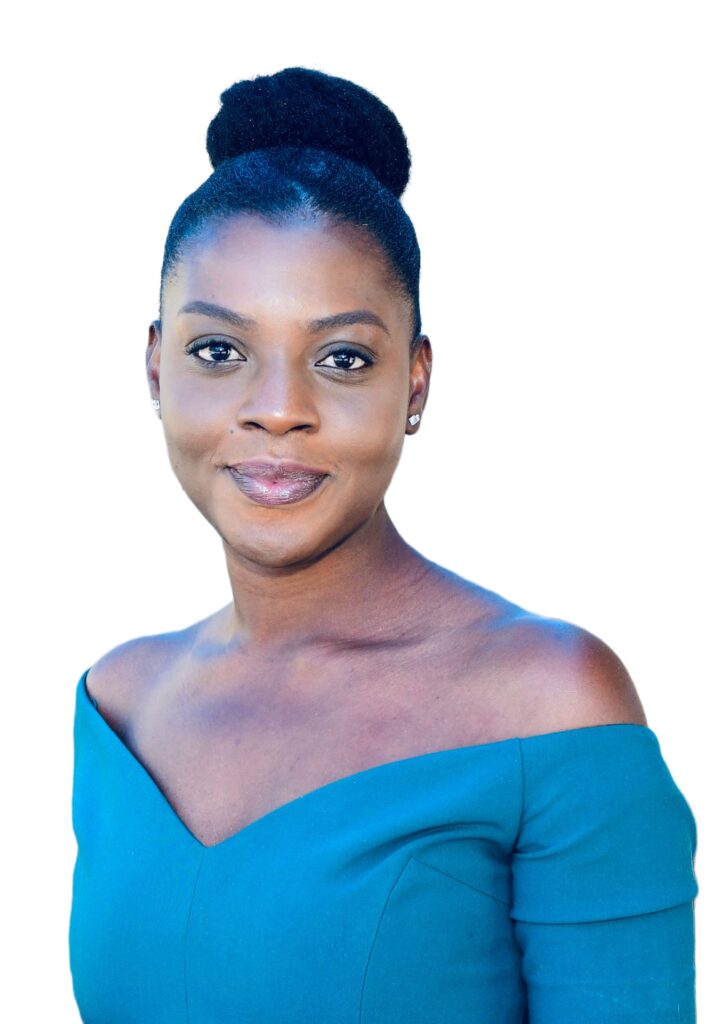Dr. Jackie Bouvier Copeland specializes in the art and science of making the world better. Dr. Copeland has done that in various ways for over 40 years. Dr. Copeland has combined her background as a funder and technologist so that WISE can fund people of color innovators worldwide with climate change technology solutions in the US, Brazil, Australia, all of Africa, the Caribbean, and India. She is very proud of her first cohort of WISE Leaders, who are doing everything from bringing solar and green jobs to Baltimore and creating drinkable water out of thin air in drought-stricken Kenyan communities.
You refer to yourself as a humanist. For everyone who does not know, explain what that means.
I call myself a humanist in several ways. First, I know that according to all the science, there is one human species, descended from our shared African ancestors. We are inherently equal and 99% of our genes are the same, the remaining one percent just represents our ancestors’ adaptation to their local environments. As species, we have the capacity for greatness if granted equitable opportunities for personal development in life.
Second, as a specifically Pan-African humanist, I also believe that we have innate rights based on our shared humanity. Whether we call it ubuntu, “I am because you are,” in South Africa’s Nguni language, as our ancestors, as well as great theologians and human rights leaders such as Martin Luther King, Desmond Tutu, Wangari Maathai, and others, have taught, my humanity is inextricably linked to your humanity. I cannot be free or achieve my full human potential unless we live in communities and global systems where you have a full opportunity to achieve yours too.
For me, this is the core of humanism from a global Black perspective—the fundamental equality of humanity and its capacity to unify in shared cause to create a better future for all and our planet. These are also the fundamental teachings of Jesus and all the world’s global religions and prophets. This worldview is the foundation of my 40-year career as an anthropologist and human rights advocate working in many countries.
You do a lot of philanthropy work. What impact does your organization’s giving have on African American community?
Philanthropy is one way that we all can realize our shared humanity because at its root and literal meaning, philanthropy is about love for all humanity in action and that includes Black people too. The vehicle for philanthropy can be time, talent, treasure, voice, ties, moral support, and sharing of any gift or resource we have as an expression of care for humanity and the planet that is the foundation of our life. Philanthropy is practiced by all human societies, including Black ones probably since prehistoric and certainly ancient times throughout Africa through today. For me, it’s not just a career, it’s a philosophy of life and action. Through agape love embedded in philanthropy, together we can make a better world rooted in more justice and equity—the highest form of the human condition. It’s especially important as a cure to competitive, self-destructive capitalism focused more on profit at all costs, including overexploiting natural and human resources.
At about 1.8 billion people, Black Africa and its Black Diaspora are almost 25 percent of the world’s population. Giving is a prominent, core element of all Black cultures, potentially uniting us across our profound diversity into a global culture and economy of giving. It sounds idealistic, but Black giving, characterized by self-love and mutual support across national, ethnic, religious, and other boundaries now dividing us, has the potential to promote more equity and justice for all.
This creation of a global economy of giving and investment uniting Africa and its Black Diaspora for Pan-African development has been one of my dreams since my late teens. I created and designed Black Philanthropy Month over 20 years as a practical forum to create this global economy of Black giving to teach and inspire the often unrecognized, positive contributions of our people to the world; our humanity, beauty, ingenuity; as well as increase resources to support our causes. This includes the philanthropic and other leadership of Black women that is often not written in the history books. No impactful movement is built alone. My BPM vision and designs have been made manifest through the contributions of 30 key Black women leaders over 20 years from many countries. We honor their collective contribution with BPM’s women’s collective organizing the closing summit for the month called Reunity: The Pan-African Women’s Philanthropy Network which inspired the start and my ultimate found of BPM.
I am most proud of BPM’s impact from its 2001 genesis to my formal founding in 2011 through today. We’ve engaged almost 20 million from 60 countries and have been recognized twice in the United Nations International Year and then Decade for People of African Descent as a culturally important recognition of Black giving culture and advocacy. With recognition from 45 US states and municipalities now celebrating BPM every August, more people worldwide now celebrate BPM than Black History Month.
There are so many false narratives around blackness and alleged inferiority. Racist stereotypes don’t see us as philanthropists; we’re considered the supplicants of the world, always in need of a white savior, although nothing could be further from the truth looking objectively at our history of giving and entrepreneurship worldwide. We’re thought to be less beautiful; less intelligent; and worse. These racist legacies are often perpetuated in our own families and can leave our children with a tragic sense of internalized self-loathing that can last for generations. BPM is a time to declare love for Black people, our culture, ingenuity, creativity, and contributions to the world. We must learn to truly love ourselves in all our beautiful diversity regardless of persistent racial stereotypes, and advocate together to address the barriers to our full development, including promoting funding equity (see BPM’s Global Black Funding Equity Principles and Pledge at https://bit.ly/BPMPledge). I hope your readers will join us with our stellar speakers at 1 or more of the 6 BPM 2022 summits we’re organizing worldwide. They can learn more and register at https://bit.ly/FundBlackSummit2022 and https://blackphilanthropymonth.com.
Tell everyone a little about your two organizations, Women Invested to Save Earth Fund (WISE), and about your month-long summit, Black Philanthropy Month coming in August.
In March 2020, witnessing and, like many, being impacted personally by the COVID crisis; white supremacist killing of Black people; and the California fires, I quit my job in technology to devote myself full-time to reviving the Black Philanthropy Month’s Action Summit Series and create a new organization, The Women Invested to Save Earth Fund (WISE), as an umbrella organization for BPM as well as Reunity to promote their long-term sustainability. WISE is an innovation and funding equity enterprise identifying Black, Brown, and allied innovators, especially but not exclusively women, with a novel, affordable, green technology innovations to address the world’s, including the US’s, most compelling social and environmental challenges (see theWISEfund.org).
One of our core concerns is funding inequity for Black entrepreneurs and women. Whether we’re looking at foundation philanthropy to our nonprofits, or investments in our businesses, Black-founded and led organizations only receive about 2 percent of foundation grants and venture or impact investments. To promote social and economic justice, we must finally have fair access to private capital. The impact and venture field globally is a $17 trillion market and our communities generally have little access to these resources, although they are as equally qualified as their white or male peers.
To create a pipeline of promising entrepreneurs, in addition to BPM and Reunity, we support WISE Innovators, impact entrepreneurs in the US, Brazil, Africa, Australia, The Caribbean, and India with innovations that are not just about making a profit. Using locally produced technology, they promote the systemic environmental, physical/mental, economic, and social equity of low-income communities most impacted by climate change and environmental decline. Using a blended funding approach, we raise donations and mix them with investments, mostly through impact loans (see bit.ly/WISEPIF), providing early-stage funding and coaching to some of the world’s most promising but under-supported enterprises (see our innovators at https://bit.ly/WISEleaders).
BPM is not resting on its laurels. We’re evolving with the times, moving from celebrating our giving globally through our annual summits to add a funding equity agenda and year-round initiatives (see https://bit.ly/BPMPledge). For example, a BPM spinoff, we’re piloting AGAPES, which stands for A Global and Pan-African Philanthropic Emergency System, a tech-enabled way to collect and reliably distribute Diaspora giving and promote inclusive, humanitarian assistance to Black and Brown people subject to violent, racist attacks on their human rights worldwide.
So far, there are two early-stage AGAPES initiatives. For Ukraine and Eastern Europe, we’ve developed an AGAPES tech app with pre-qualified inclusive humanitarian services providers that will serve Black and Brown people according to international law. The law says that all refugees should receive services. Denying evacuation to Black and Brown Ukrainians, as well as placing those who do escape in prisons called “detention centers” is an ongoing international travesty, although it’s lost news coverage. White Ukrainians are receiving assistance with welcoming, open arms. We hope to activate global Black philanthropy to help promote our people’s dignity and rights so that they too, as equal human beings, have a fair chance to rebuild their lives.
The rise of anti-Black, violent white supremacy in the US, especially after the massacre in Buffalo, NY, has caused a mass community health crisis among Black people of all backgrounds feeling especially targeted given the country’s longstanding, racist gun culture and history. WISE AGAPES is convening community support groups called “Black Talk Circles” (BTCs) to provide virtual safe spaces for grief management and wellness. While not therapy, our BTCs are facilitated by highly trained wellness experts specializing in grief recovery, meditation, and other cultural healing practices.
What is next for you?
The deep despair of our community and global society in general also compelled me to come out of the closet to share my gifts as a singer-songwriter and executive producer in my first album, “Blachant,” (pronounced Black Chant). A compilation of 12 songs, including 9 original ones I wrote, the album integrates the chant-like, jazzy, spiritual singing style that’s evolved over my lifetime, combining my southern US, Philadelphia, Catholic schooling, holiness church childhood, Yoruba experiences, and exposure to the world’s sacred music traditions. My hope is that this blachanting will help Black and diverse people experience a moment of hope and inner peace in this troubled world. Music for Change, Blachant is available on all major streaming channels and on CD via Amazon at https://orcd.co/blachant. All Blachant net sales proceeds support BPM and WISE, another way I can share my blessings with my community.
I deliberately launched the album in April during my 60th birthday month to share my creative vision and talents more formally and publicly, making a new era for my calling to heal people, society, and the planet we share. Over COVID, I also earned certifications as a master coach from the International Coaching Federation, more social finance expertise from Oxford University, and in board governance from Santa Clara University. I also am finishing my certification as a spirituality coach at an interfaith seminary. As I solidify WISE and BPM operations for next-generation leadership, I will contribute more as a board officer, leadership coach, musical artist, executive producer, and equity financier worldwide, doing my part to ensure that diverse communities have the tools for a healthier, more just world in these crisis times.
WISE and our BPM collective are forums where we can come together to define a shared future based on a love of humanity, including Black people, towards a better future for all. Black people have changed history’s course before through our movements, and, together, we can do it again. Happy Black Philanthropy Month every day.
How can people catch up with you?
I’d love to continue the conversation and engagement with people. The best way to reach me is through Instagram and Twitter via @jackiebcopeland.
Follow Us On Social Media!




